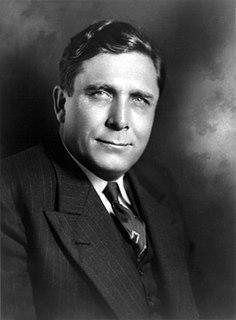A Quote by Henry David Thoreau
Those whom we can love, we can hate; to others we are indifferent.
Related Quotes
There is no pain equal to that which two lovers can inflict on one another... It is when we begin to hurt those whom we love that the guilt with which we are born becomes intolerable, and since all those whom we love intensely and continuously grow part of us, and since we hate ourselves in them, so we torture ourselves and them together.
Also our fellow competitors, who are indeed the people just mentioned - we do not compete with men who lived a hundred centuries ago, or those yet not born, or the dead, or those who dwell near the Pillars of Hercules, or those whom, in our opinion or that of others, we take to be far below us or far above us. So too we compete with those who follow the same ends as ourselves; we compete with our rivals in sport or in love, and generally with those who are after the same things; and it is therefore these whom we are bound to envy beyond all others. Hence the saying.
For one who is indifferent, life itself is a prison. Any sense of community is external or, even worse, nonexistent. Thus, indifference means solitude. Those who are indifferent do not see others. They feel nothing for others and are unconcerned with what might happen to them. They are surrounded by a great emptiness. Filled by it, in fact. They are devoid of all hope as well as imagination. In other words, devoid of any future.
The most effective way to silence our guilty conscience is to convince ourselves and others that those we have sinned against are indeed depraved creatures, deserving every punishment, even extermination. We cannot pity those we have wronged, nor can we be indifferent toward them. We must hate and persecute them or else leave the door open to self-contempt.

































